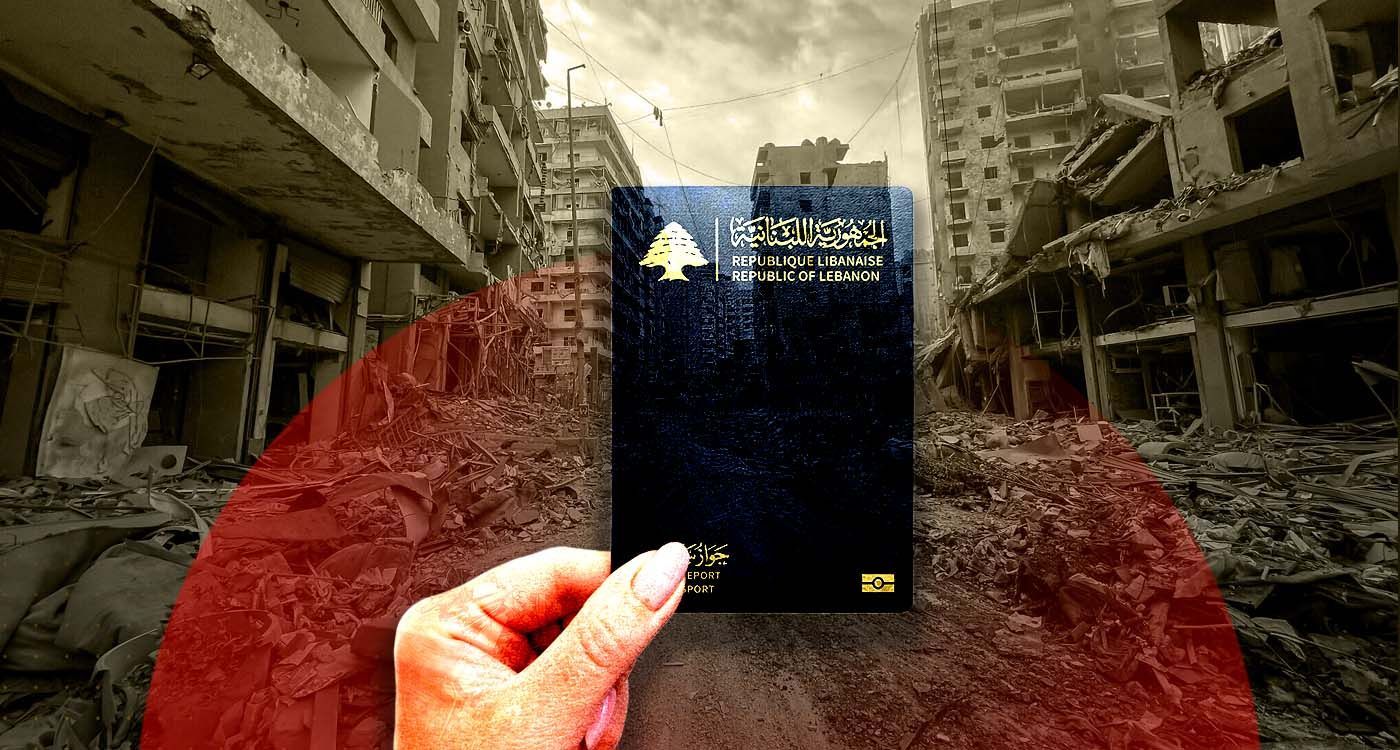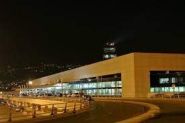
As Lebanon geared up for a promising summer, fueled by renewed optimism and the anticipated arrival of thousands of expatriates and Arab tourists, geopolitical realities came crashing down. Weakened by a lingering economic crisis, the Land of the Cedars once again finds its hopes precariously tied to a regional conflict.
Tourism, a vital sector that accounted for over 20% of Lebanon’s GDP before the 2019 crisis, was poised to provide a much-needed boost to the country’s battered economy. Following Eid al-Adha, hotel occupancy rates in Beirut surged to 80%, signaling a bright season ahead.
“We had a surge of bookings for the next two weeks, but they’re quickly falling apart,” said Pierre Ashkar, the President of the Hotel Owners’ Syndicate, in an interview with This is Beirut. While cancellations for August and September remain limited for now, concerns are mounting. Ashkar explained that hotels need a 30 to 50% occupancy rate just to break even. “We’re far from that,” he lamented.
A similar, though more cautious, picture emerges from guesthouse owners. Ramzi Salman, the union representative for guesthouses, noted that cancellations remain minimal for the moment. “At my establishment, only one event – booked by visitors from Dubai – has been canceled. Of course, there will be an impact, but I hope it will be moderate, especially over the next two weeks,” he told This is Beirut.
Alarming Figures at Beirut Airport
The outlook grows bleaker at Beirut International Airport (BIA). Jean Abboud, the President of the Travel Agencies Syndicate, said, “Since the clashes between Israel and Iran, we’ve seen a sharp drop in visitors.” Estimates suggest inbound flights to Lebanon have plummeted by nearly 60%.
Before the escalation, the airport handled between 12,000 and 13,000 arrivals daily. Now, the majority of passengers are expatriate Lebanese or travelers who were stranded abroad. Many airlines have suspended their Lebanon routes; only two or three still operate regular flights.
Outbound travel is also suffering. Charter flights to popular tourist spots like Turkey and Sharm al-Sheikh have been canceled en masse. “No one is leaving Lebanon right now for tourism,” Abboud noted.
The economic fallout is stark: between 30% and 40% of international summer bookings have already been canceled, a figure expected to rise amid ongoing uncertainty. “Travel agencies will lose far more from outbound travel cancellations than from arrivals,” he warned.
A Vital Sector Under Pressure
Khaled Nazha, the Vice President of the Restaurateurs, Pastry Chefs and Nightlife Venues Syndicate, echoed the concerns. “This sector employs thousands of Lebanese. After years of crisis, we had prepared for a bright summer. We counted on expatriates and Gulf tourists returning,” he said.
Today, an entire season hangs in the balance. If the current trend continues, losses could reach between $300 million and $500 million. The pervasive climate of uncertainty, the wave of cancellations and suspended flight routes weigh heavily on an already fragile sector.
Lebanon as a Refuge? A Fragile Hypothesis
Amid the gloom, some see a glimmer of opportunity. Fears of Iranian retaliation against United States bases in the Gulf might drive some residents – particularly affluent Arab families – to temporarily leave the region. Lebanon, especially its mountainous areas, could serve as a refuge.
But this scenario is fragile. Lebanon’s proximity to the center of tensions and its own internal instability severely limit this possibility. Any broader regional escalation would dash hopes of such an alternative influx.
Lebanon, which had hoped to finally turn the page after years of economic and political turmoil, now faces dashed hopes once more. If the military situation stabilizes quickly and the country avoids getting swept up in a wider conflict, the damage may be partly contained.
Otherwise, the 2025 tourist season risks joining Lebanon’s long list of missed opportunities. Once again, just as it thought it could breathe, Lebanon – a nation living to the relentless rhythm of geopolitical shocks – finds itself holding its breath.




Comments